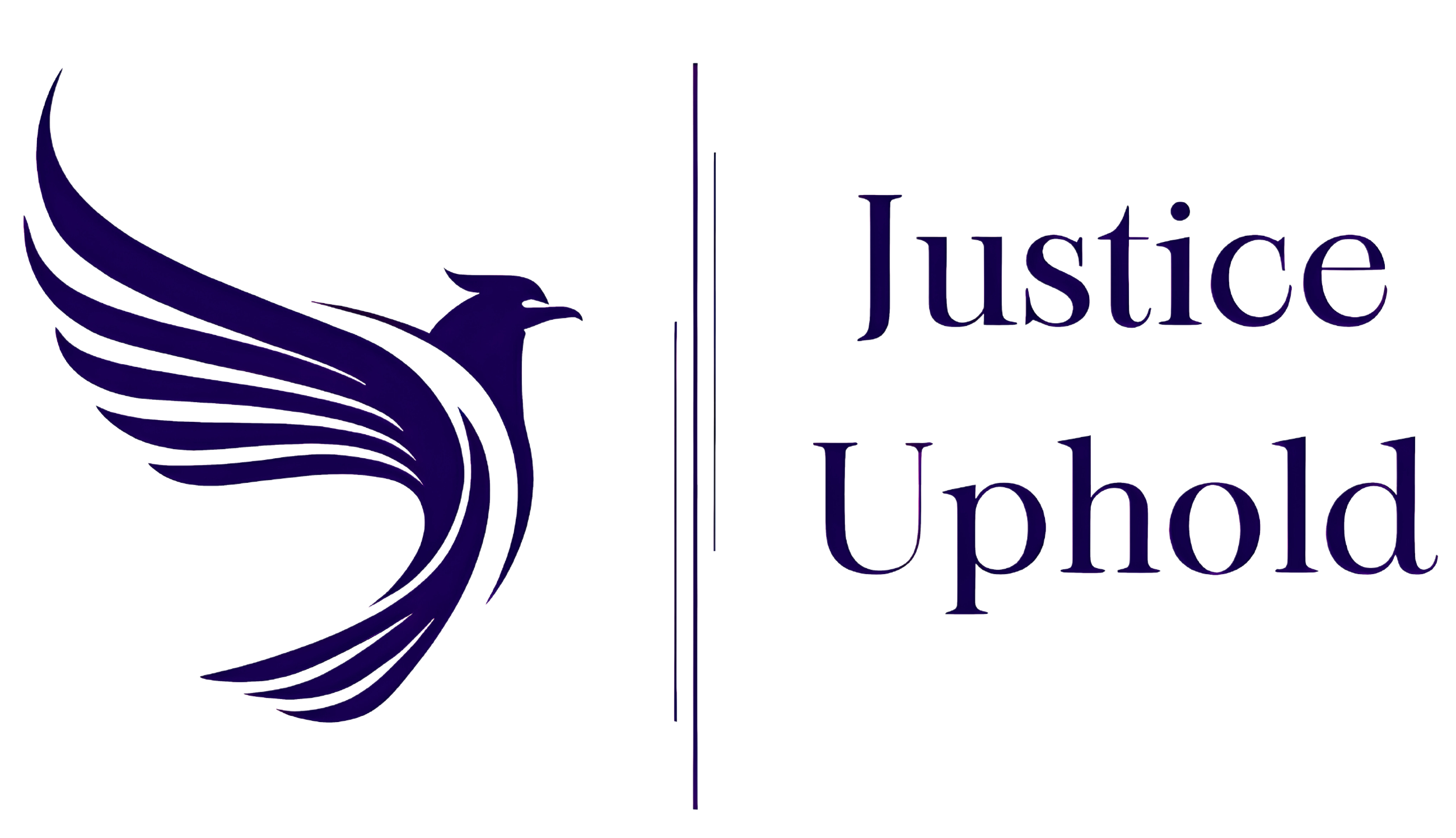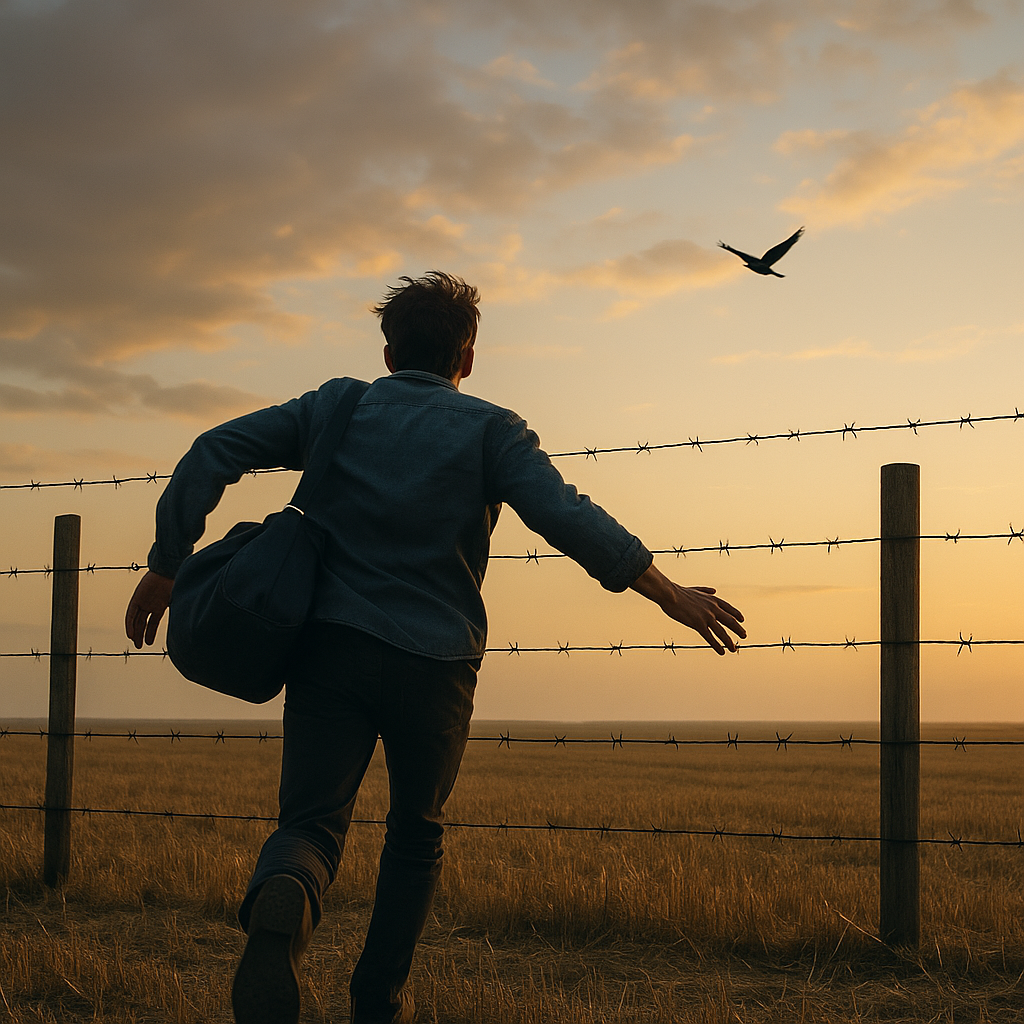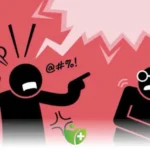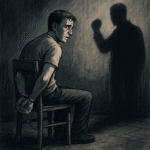“Justice is the pillar of the sky; if it falls, the sky will not remain in place.”
Kutadgu Bilig /Yusuf Has Hacip
Before 2013, we had a judicial system that, albeit slowly and with difficulty, allowed us to carry out our profession.
Behind closed doors, a consensus was reached between the members of the dark, corrupt structures entrenched within the state for a century and the government mired in corruption. Everything changed after that.
We had become characters in one of those lives that change overnight, as we had seen in films. We were subjected to a massacre-like purge. Our homes and offices were raided, and innocent women, the elderly, young people, and the sick were arrested amid horrific scenes of detention.
Those dreadful days descended upon us like a nightmare.
Just as Hitler set fire to the Parliament and gathered all those he deemed opponents in concentration camps during the “Night of the Long Knives,” they were gathering people in detention centres and torturing them day and night.
Friends who managed to escape fled the country and became refugees.
I too was forced to hide for a long time, hoping that this ordeal would one day come to an end. When the European Court of Human Rights (ECHR) finally recognised the atrocities being committed in Turkey, we clung to the hope that Yalçınkaya’s decision would bring about change. Alas, the executive, judicial, and legislative branches were all complicit in the atrocities. Together, they became the murderers of justice.
Not only did they fail to implement the AIHM rulings, but the courts of different instances also refused to recognise each other’s decisions and were engaged in a bitter dispute. The Supreme Court was even filing criminal complaints against members of the Constitutional Court for their rulings. The situation had become a complete mess, and the time had come—and even passed—to escape the daily fear of arrest.
One night, I joined a group of people and set out on a dangerous journey.
As the song goes, “If a brave man goes into exile,
See what befalls him,”
I set off towards the unknown.
I left everything behind. All my savings had already been seized by the state-owned Bankasya.
We set off in the middle of the night, fearing arrest at any moment. I prayed constantly that we wouldn’t be stopped along the way. Thankfully, despite encountering a few dangers, we managed to reach the border. We waited until midnight and made it through the most difficult part.
While pursuing a profession that was the dream of many in my country, we had fallen into the hands of human traffickers.
After a difficult journey, we walked for hours through a forest and scrubland, unable to see where we were going, until we reached the Meriç River. The smugglers inflated the boat and lowered it into the water, but they didn’t know how to use it. They crammed eight people into the tiny boat. As if that weren’t enough, the boat started taking on water. We were spinning in the middle of the river. We managed to get close to the shore with great difficulty. We had no choice but to jump into the water, getting completely soaked. We also had to carry the women and children.
We waited on the opposite bank until morning. Then we set off again. Thankfully, we didn’t encounter any major dangers on the other side. While I was being hunted like a criminal in my own country, the country I had entered illegally had opened the doors of freedom to me. Like Jean Valjean, I had taken the first step towards escaping the regime’s pursuit and living a free life.
Then we set out on a new path toward the country where we would demand freedom, and our final destination was Switzerland.
Here too, we faced various hardships, but at least I could walk and roam freely. To shake off the psychological pressure of being stuck in one place for eight years, I walked endlessly in the mountains and among the rocks. Just as Yahya Kemal said, “There is no place in the world like Switzerland’s lakes at the end of September,” I am now roaming freely, albeit with a touch of sadness, as if bidding a misty farewell to Istanbul, where I lived for 35 years.
As someone still in the midst of the refugee process, I don’t know how much more hardship I will have to endure. But I have met hundreds of people in the same situation as me, some from even more difficult lives. I have witnessed the pain in each of their stories. I have even heard stories that made me forget my own troubles.
A vast world has fallen under the control of dictators, authoritarian and totalitarian regimes, and we were seeking freedom and peace in a tiny corner of the globe.
In our short lives, we were longing for a little bit of happiness and freedom. As a thinker once said, “I can live without bread, but I cannot live without freedom.” Millions of oppressed people were torn from their homeland and forced to live in a foreign country where they did not know the language or customs.
Refugees struggling to endure various hardships in underground camps did not know the full extent of their suffering, even if they managed to secure residency.
It was also difficult for them to adapt to a new foreign culture and to endure working in jobs that were far below their qualifications. Most refugees were already suffering from these hardships and difficulties and were migrating to other places. Death was almost like a companion to refugees.
My hope is that these recurring crises will finally come to an end. Alas, this cycle will unfortunately never end, and this old and weary world will continue to face new forms of migration every century.
War, bloodshed, oppression, and extermination never cease. Those who come to power, no matter how incompetent, unfortunately drown the world in oppression.
What should be the stance of lawyers?
When lawyer P.A. Berryer was on his deathbed, visitors asked him:
“Master, treasures were laid at your feet; why did you not take them?”
“I would have had to bow down to take them. I could not bow down.”
May the day of our lawyers who refused to bow down also be blessed…
However, we will continue to defend justice, law, and freedom until our last breath. This is both our duty and our obligation to ourselves and to humanity.



